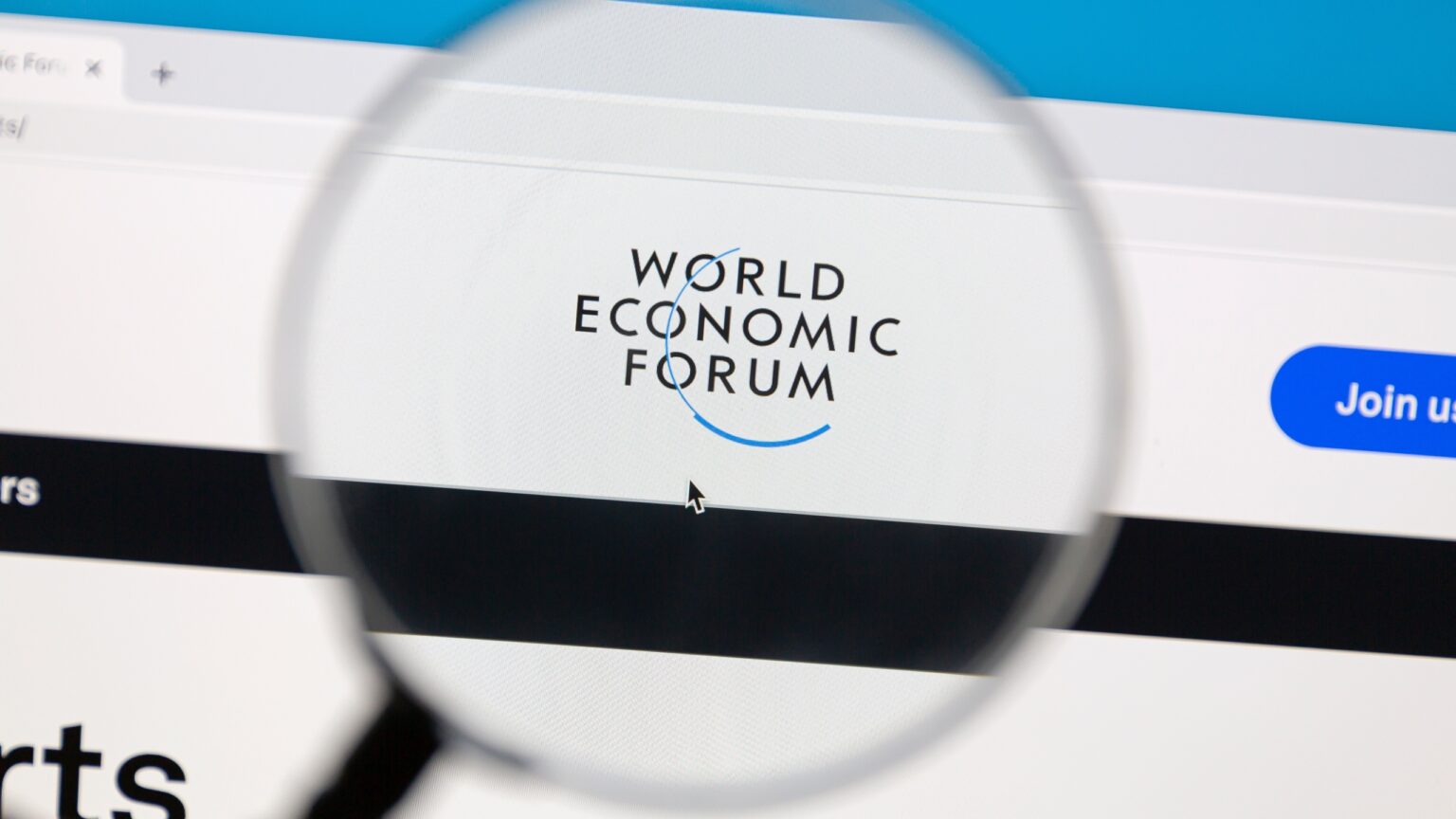Economists predict slowed global growth due to geopolitical strife and tight financing, while AI advancements are expected to increase inequality, according to a Davos survey by the WEF.
Government representatives, international organizations, entrepreneurs, experts, NGOs, academics, and the press corps are descending again on the Graubunden winter sports resort in Davos, Switzerland.
The World Economic Forum (WEF) will have its 54th annual meeting under the motto “Rebuilding Trust.” The meeting was scheduled for January 15 to discuss the basic principle of trust. The principles to be discussed include transparency, coherence, and responsibility.
Is the World Economic Forum still relevant? Could this be code for “it’s become to visible; we need to scale back and divert to a new NGO to continue with the globalist agenda”? https://t.co/lfBXhQegRl
— Mike Law (@LawMike) January 16, 2024
However, the fallout of the COVID-19 pandemic, alongside the new conflicts in the world, will make rebuilding trust in institutions difficult. The relevance of the WEF is often up for debate these days.
In recent years, the number of high-level attendees has reduced. Key names like the President of the United States, Joe Biden, are missing. German Chancellor Olaf Scholz was the only G7 leader present in 2023.
According to Peter Willetts, an emeritus professor of global politics at the University of London, leaders do not lose interest in forums like the WEF. He continued by saying that they make strategic decisions about whether it would be beneficial to attend the meeting each year.
World Economic Forum report
The WEF report was produced in collaboration with Zurich Insurance Group. They surveyed over 1,400 global risk experts, policymakers, and leaders of industry in September 2023 about their biggest global concerns.
According to the authors of the report, the combined risks are stretching the world’s adaptive capacity to its limit. They called on leaders to focus on global cooperation and building guardrails for the most disruptive emerging risks.
Saadia Zahidi, WEF’s managing director, said that an unstable global order characterized by polarizing narratives and insecurity is causing accelerating risks. Also, the worsening impact of extreme weather and economic uncertainty are contributing factors. The accelerating risks include misinformation and disinformation.
She added that world leaders must come together to address this short-term crisis as well as lay the groundwork for a more resilient, sustainable, and inclusive future.
Disinformation Tops Global Risks 2024 as Environmental Threats Intensify https://t.co/9a8ybgQ3q4
— Modern Diplomacy (@MDiplomacyWORLD) January 10, 2024
Global risks
Misinformation and disinformation, extreme weather conditions, societal polarization, cyber insecurity, and interstate armed conflict are the most cited risks in the next two years. Also, lack of economic opportunity, inflation, involuntary migration, economic downturn, and pollution were cited.
Adverse consequences from artificial intelligence (AI) technology were named as a longer-term concern. Likely risks over the next ten years include extreme weather events, critical changes to earth systems, biodiversity loss and ecosystem collapse, natural resource shortages, and misinformation and disinformation.
With OpenAI due to appear on the panel, AI will dominate Davos. AI is seen as a possible way of boosting growth, as seen by its proponents, but the WEF said in the global report that it could be misused by hostile states and other forces.
AI has captivated the world. New IMF research & our new Preparedness Index shows it will affect almost 40% of jobs around the world, replacing some & complementing others. My blog on why we must have a careful balance of policies to tap its potential. https://t.co/5uIXxWd4bu pic.twitter.com/cZMGciz7s0
— Kristalina Georgieva (@KGeorgieva) January 14, 2024
The managing director of the International Monetary Fund (IMF), Kristalina Georgieva, warned in an interview that AI will lead to greater inequality without measures to shape its use.
Additionally, the accounting firm PwC, in its annual survey of chief executives, said that about 42% of those running UK companies had implemented AI in the past year. They compared this with 32% in other countries.
Significantly, the survey of 4,702 CEOs in 105 countries found the UK was among the first to adopt generative AI. This generative AI runs chatbots such as ChatGPT and image generators such as Midjourney.









 and then
and then